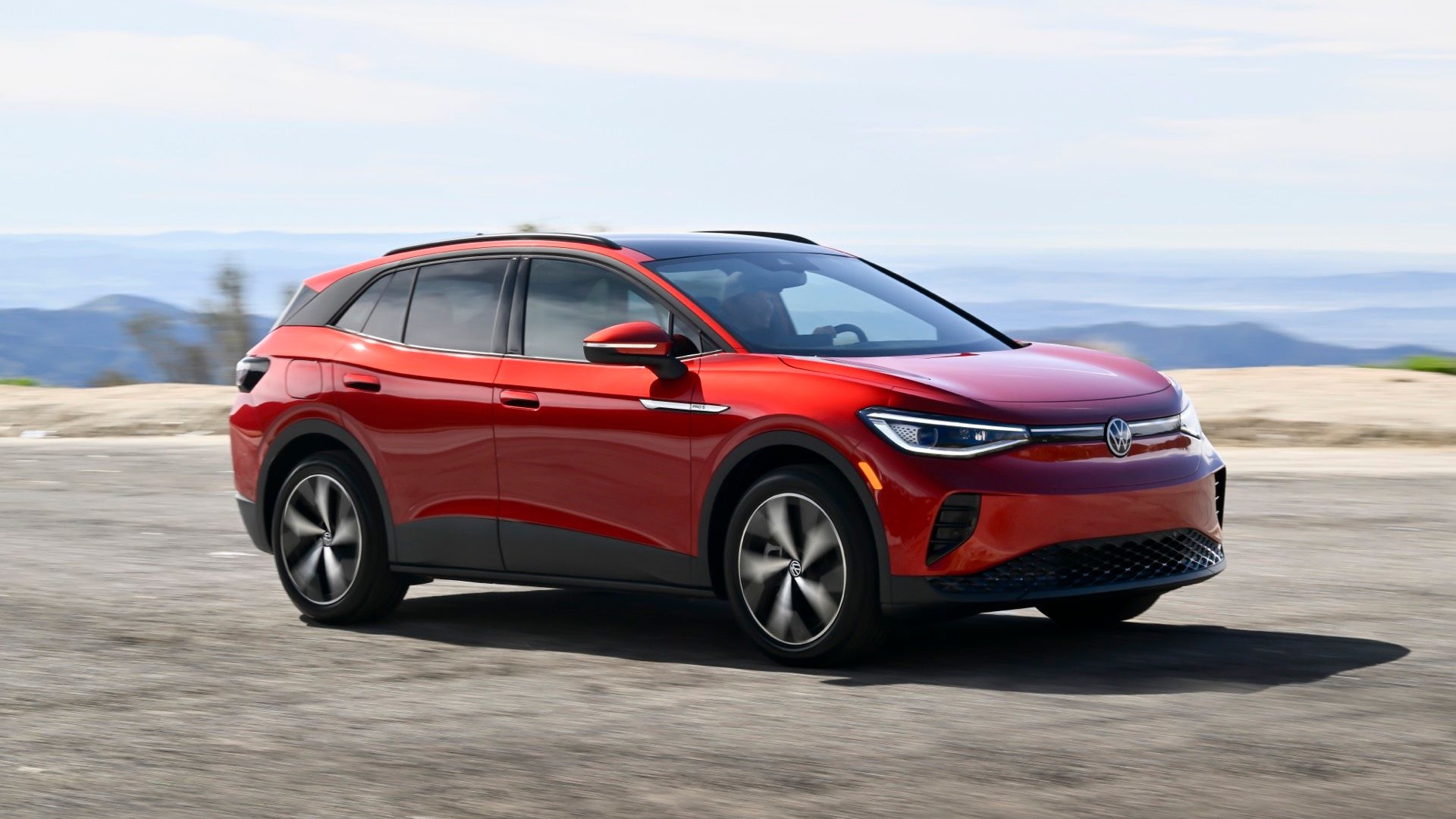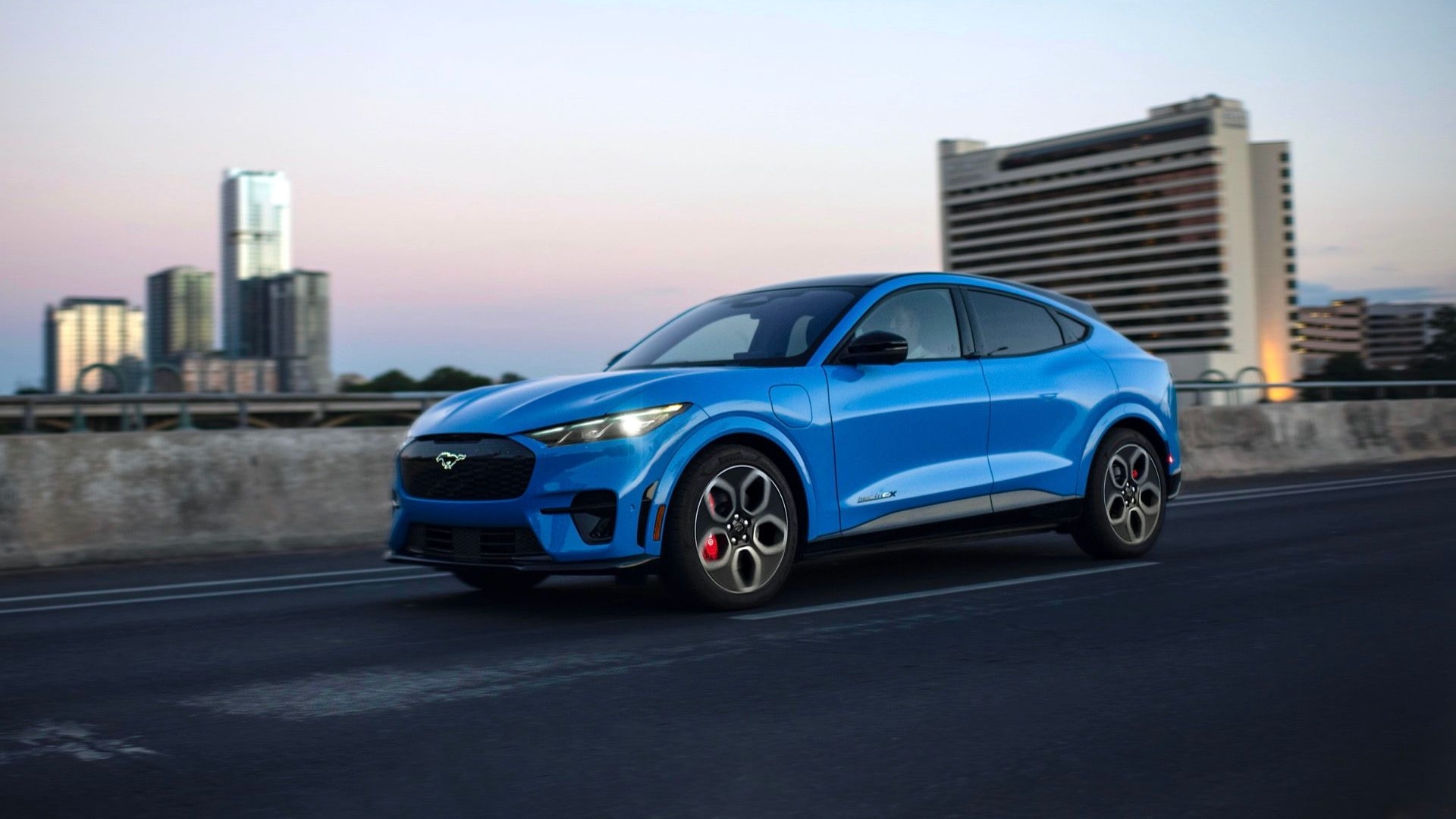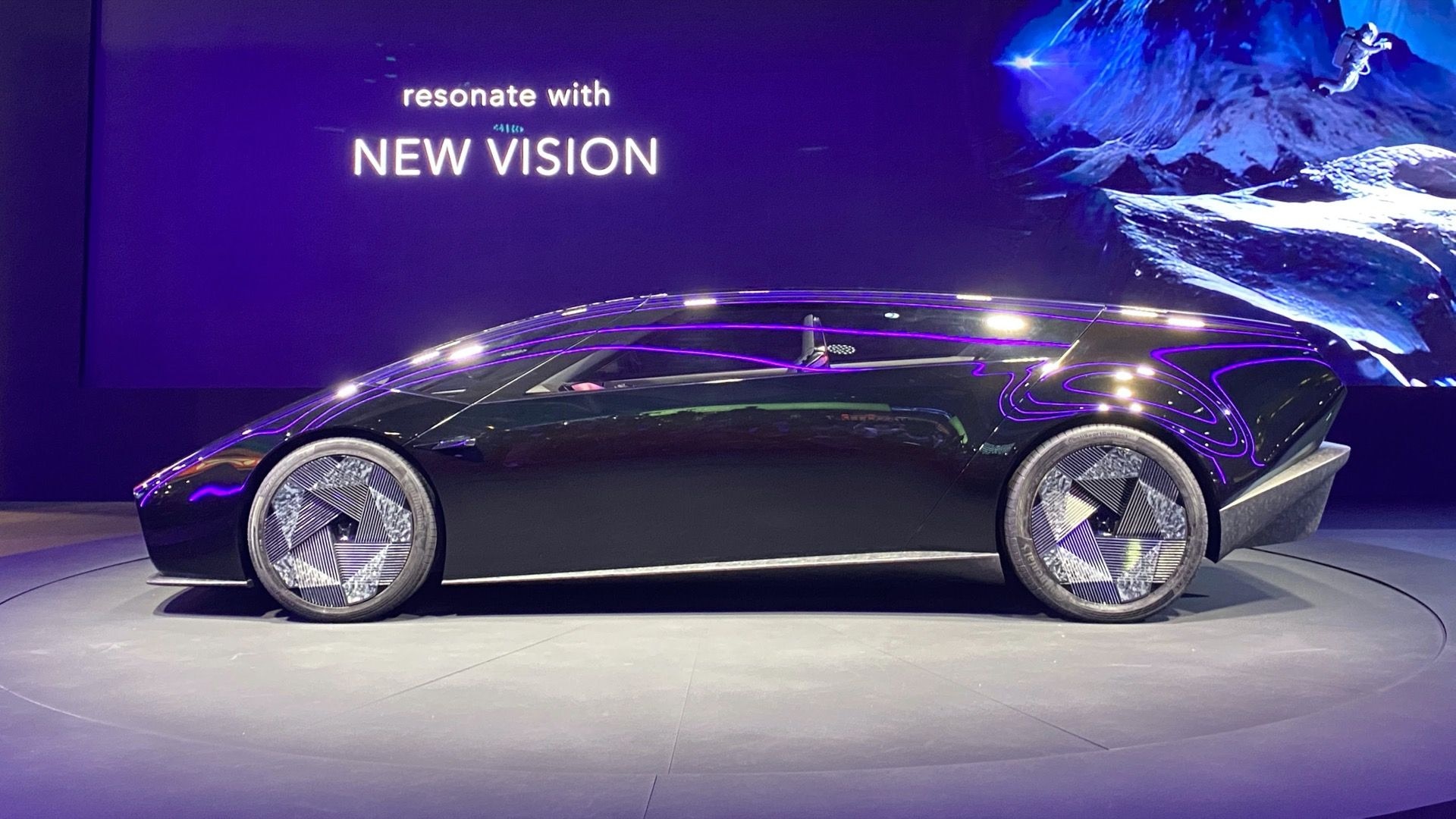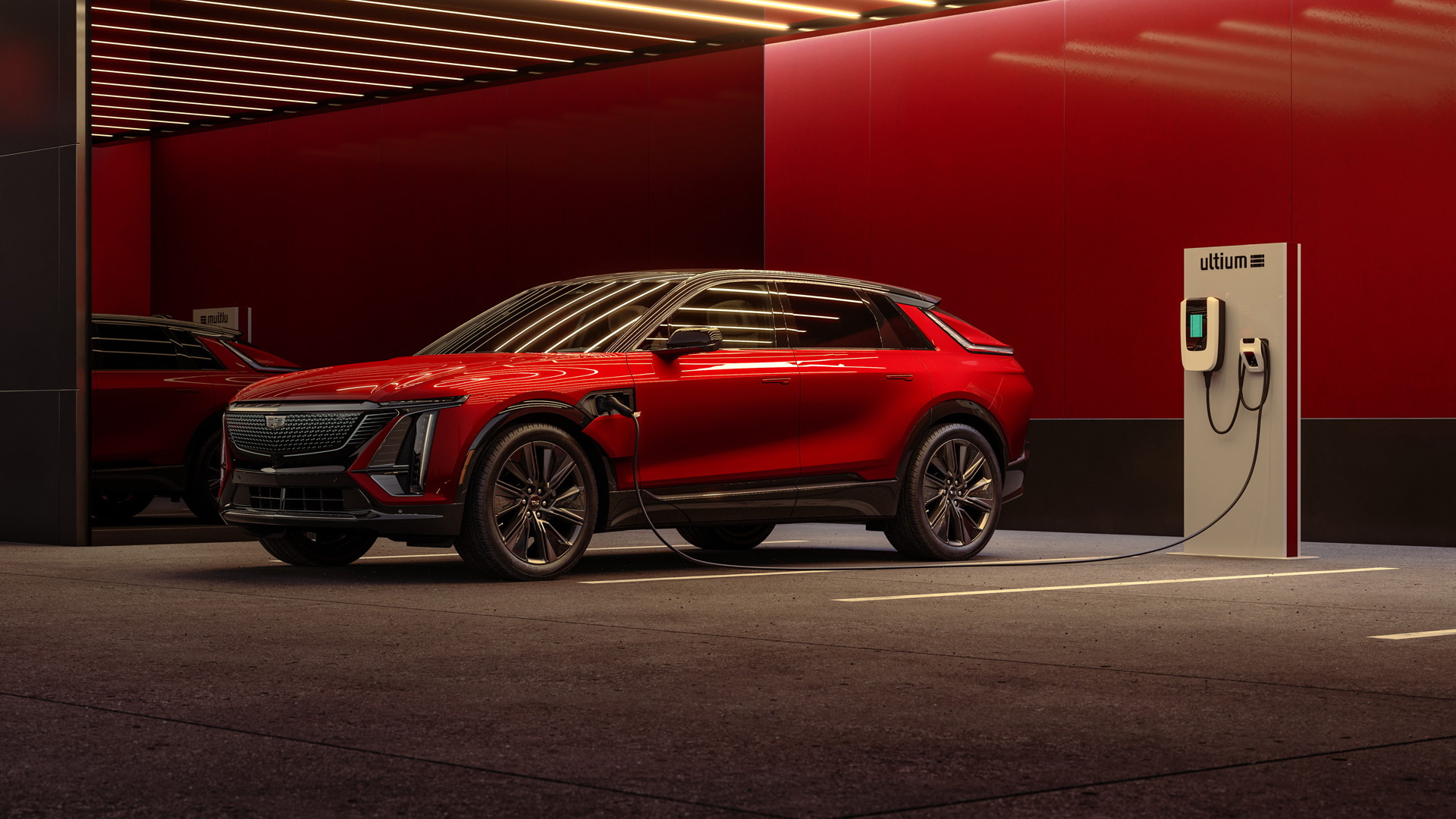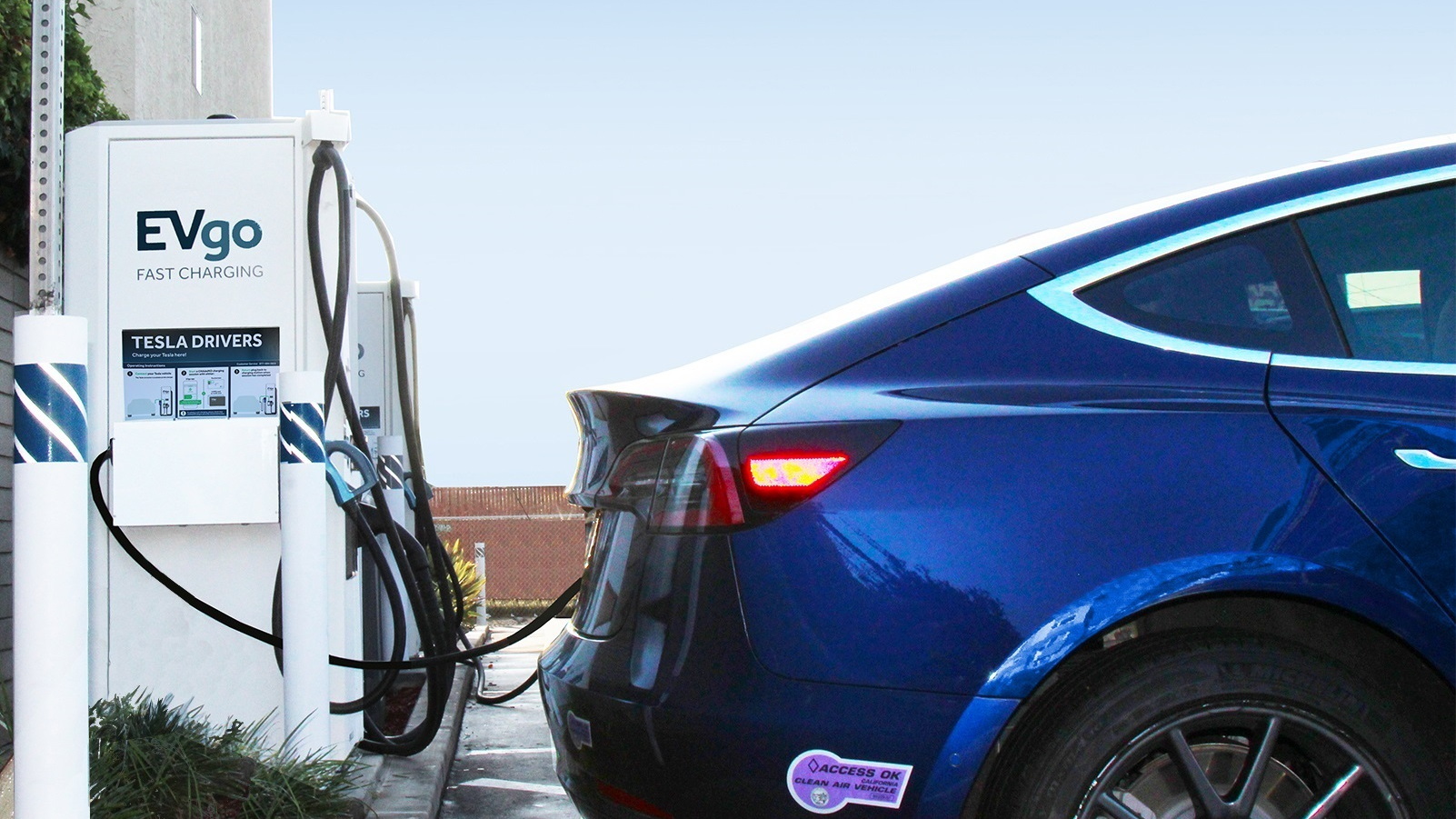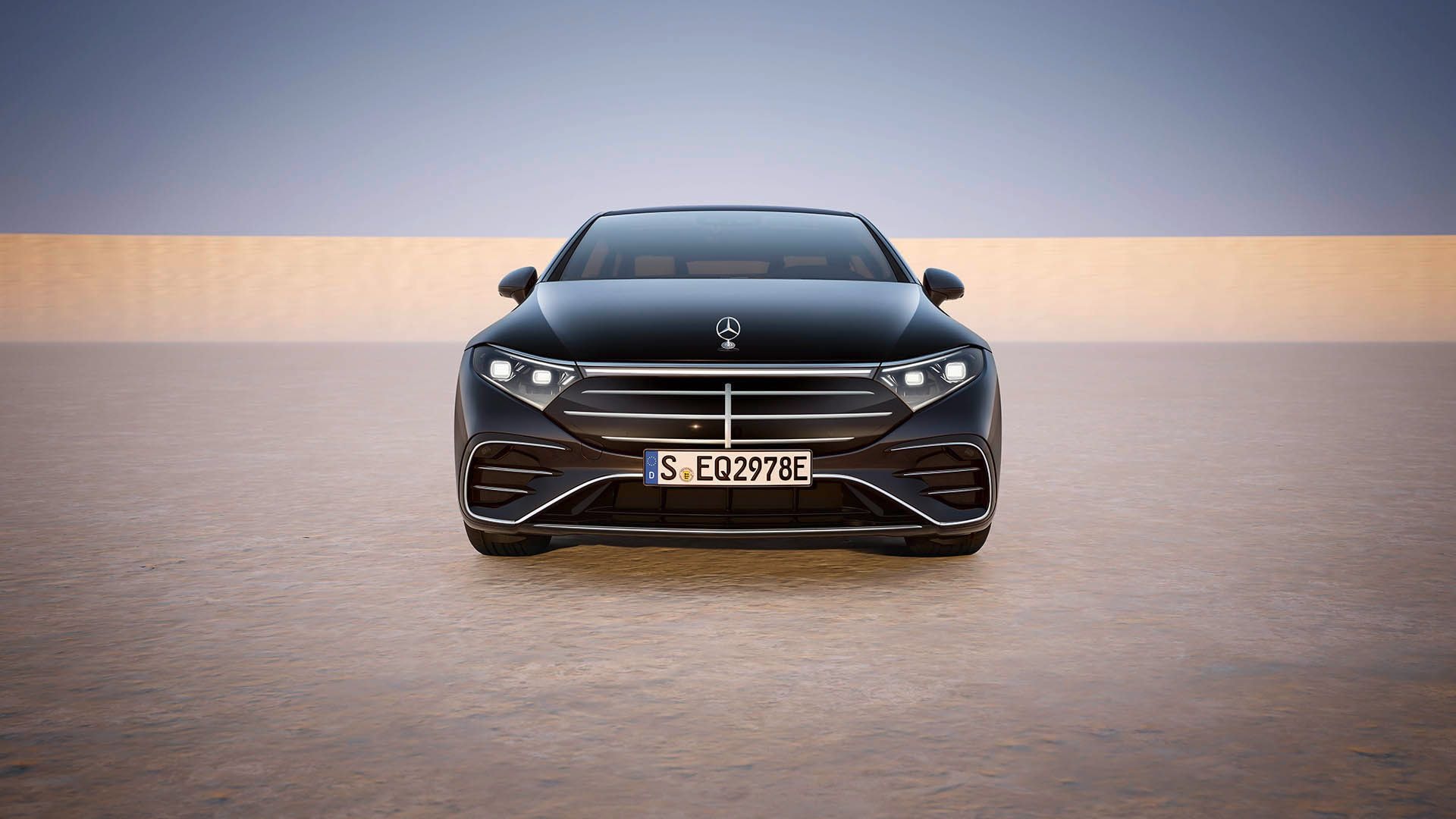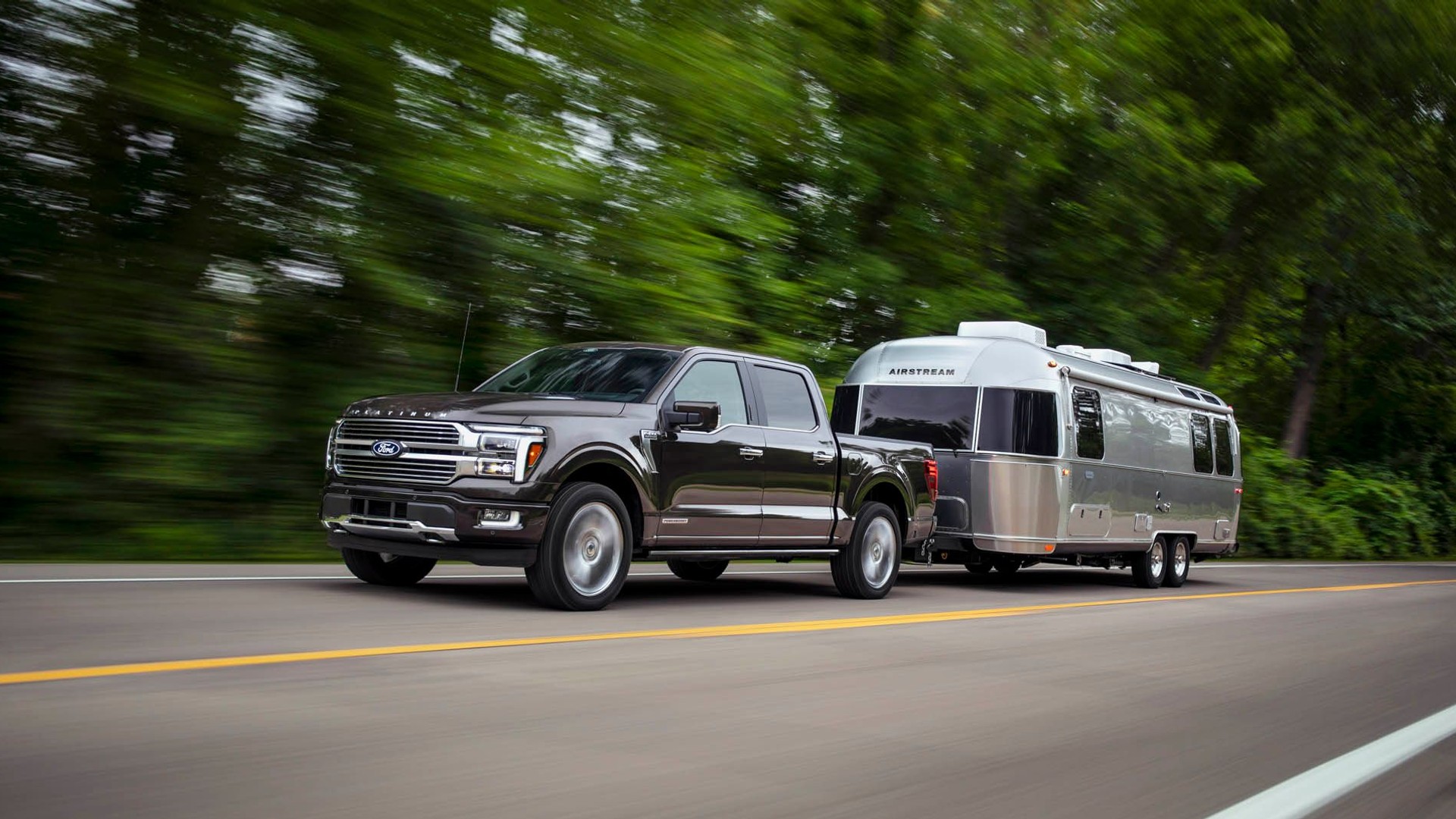Sergio Marchionne, CEO of newly merged Fiat Chrysler Automobiles, is not a man to mince words.
While carmakers can meet fuel-economy requirements for 2025, he said last week, he slammed government efforts to boost plug-in electric cars.
The industry will find the most cost-effective way to meet efficiency goals, he said. But, "Don't tell me that I need to have electrification as the answer," he said. "It's improper."
DON'T MISS: Fuel-Economy Rules Likely To Stay Put Through Midterm Review: Consensus
The Detroit Free Press and The Detroit News both reported that Marchionne said at the Automotive News World Congress that followed last week's Detroit Auto Show, "There is not a single carmaker that cannot make the 54 number."
That refers to the corporate average fuel economy level of 54.5 mpg required for 2025. (It translates to about 42 mpg on EPA window stickers.)
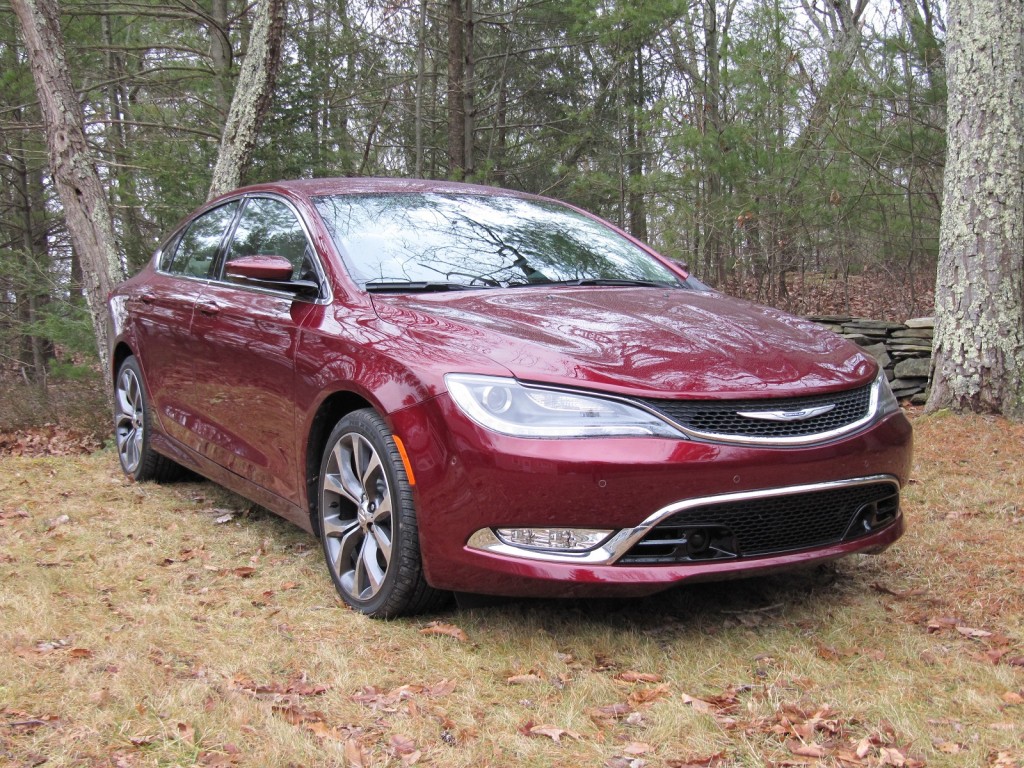
2015 Chrysler 200, Catskill Mountains, NY, Dec 2014
But, he said, the question is the cost of doing so--especially in the current environment of $2-per-gallon gasoline.
So, he argued, while the CAFE goal of 54.5 mpg is likely to stay, its implementation could be delayed.
ALSO SEE: Chrysler CEO Underscores, Again: Electric Fiat 500e Loses Money
And as he's done several times before, Marchionne slammed requirements for electric cars (in this case, implicitly, California's rules that the top six automakers must sell a certain number of zero-emission vehicles each year from 2012 through 2017.
While the math around the state's ZEV credits is complex, and both battery-electric and hydrogen fuel-cell vehicles both qualify as zero-emission for the requirements, the percentages start to rise annually in 2018.
Many analysts see comments like the Chrysler CEO's as essentially political--even when they reflect what he truly believes--in the lead-up to a midterm review of the CAFE standards that will take place within the next couple of years.
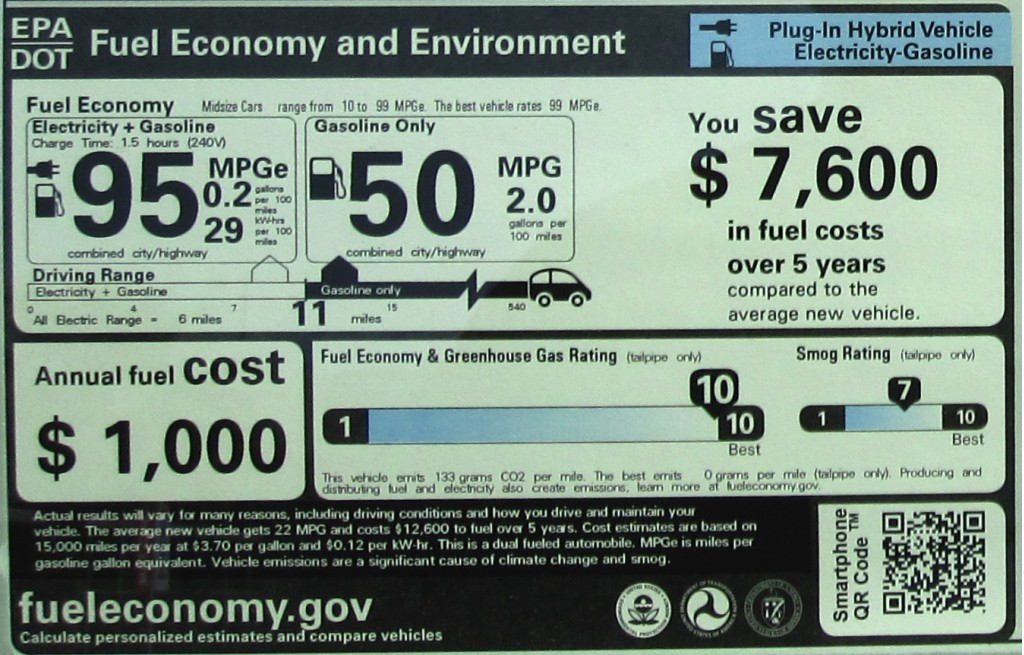
2012 Toyota Prius Plug-In Hybrid window sticker showing EPA fuel efficiency ratings
The goal of the review is to look at how well manufacturers have met the rules thus far (quite well), how they've done so (largely using improvements to conventional gasoline engines), and what they feel they will have to do to meet the second set of standards for 2018 through 2025.
The combined Fiat Chrysler has consistently posted rising sales numbers as it has released several modern and competitive vehicles since 2012.
But compared to global electric-car powerhouse companies like Nissan and General Motors, FCA is far behind.

2014 Fiat 500e - Quick Drive, September 2014
The money-losing Fiat 500e compliance car its sole plug-in offering to date, with a plug-in hybrid minivan promised within the next two years.
So its CEO's comments can be viewed as defensive. Frankly, the former Chrysler has much bigger issues to address--new brands, brand repositioning, its over-reliance on light trucks, and the ongoing process of keeping its lineup fresh while re-learning how to make passenger cars that the market actually wants to buy in sufficiently large numbers.
For Marchionne, electric cars at this point likely remain a sideshow and a distraction.
Which says more about his company's continuing challenges than it does about the inherent worth of the technology.
_______________________________________________






